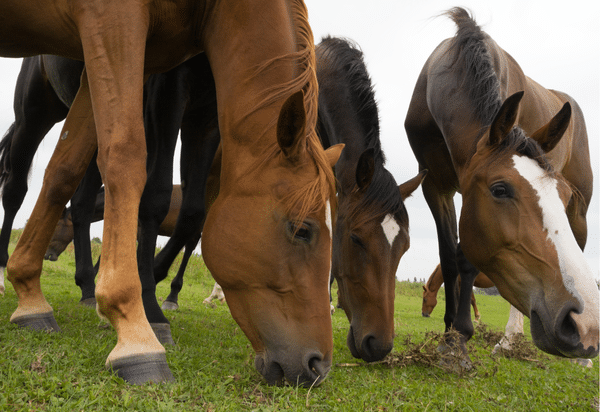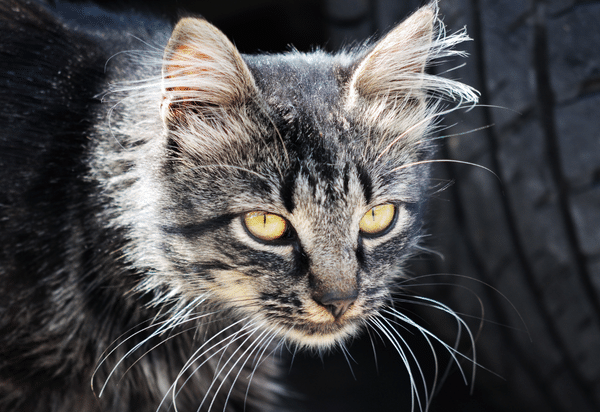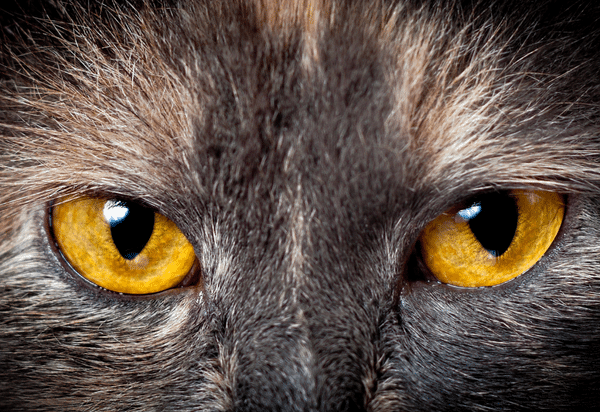Discover how the Antibiotic Amnesty improves stewardship in vet practices. Learn how vets can tackle AMR through safe disposal and client education.


Discover how the Antibiotic Amnesty improves stewardship in vet practices. Learn how vets can tackle AMR through safe disposal and client education.

Traditional horse care doesn’t always meet modern equine needs. This webinar explores alternative management systems that support welfare through “friends, forage, and freedom.” Learn how these approaches can help manage conditions like EMS, laminitis, and gastric ulcers—essential knowledge for vets aiming to improve equine health outcomes. Join us!

This webinar discusses the value of assessing insulin concentration in assessing the risk and prognosis for laminitis and goes on to highlight recent updates in the management of endocrinopathic laminitis and obesity. The pros and cons of different treatments are reviewed with reference to the published literature and also recent work that is yet to be published.

FIP treatment is evolving fast. Join Dr Sally Coggins for an essential update on antiviral therapies, including remdesivir and mefloquine. Learn about current protocols, clinical trial insights, side effects, and managing treatment failures. A vital session for vets treating feline patients with suspected or confirmed FIP. Don’t miss out!

Trilostane is a key treatment for canine hyperadrenocorticism, but effective monitoring is essential to avoid oversuppression. This webinar explores current approaches—including ACTH testing and pre-pill cortisol—alongside their pros, cons, and clinical relevance. Gain practical tips to optimise outcomes and ensure safe, tailored treatment for your canine patients.

Equine gastric disease (EGD) is a common condition in horses, with a prevalence approaching 100% in certain populations. In experimental studies, in rats, gastric lesion size is a commonly used outcome to measure their response to stress. So what is the link between stress and EGD in horses? This talk will explore that question and help practitioners to consider more than just omeprazole when treating these cases

Feline hyperthyroidism is a common condition in older cats, often presenting with weight loss, restlessness, and gastrointestinal signs. Join us to explore how to diagnose it easily and manage it effectively with options like medication, surgery, radioiodine, or diet. Improve outcomes and quality of life for your hyperthyroid patients.

Feline hypertension is a serious, often silent condition affecting many older cats—especially those with chronic kidney disease. Learn how to detect early signs, diagnose accurately, and treat effectively to prevent complications like blindness and neurological issues. Join us to improve outcomes for your feline patients with high blood pressure.